How much fluid should you consume while exercising?
Is it more important to take fluids before or after working out?
What drink is the best choice for rehydrating?
These are common questions asked by anyone who wants to get the most out of their workout. The amount, timing, and source of hydration is often a debate among newbies and seasoned athletes alike. Even experts argue about the answers to these simple questions. Common knowledge tells us that we should have eight glasses of water per day. The National Academy of Medicine recommends different amounts for men and women at 125 ounces an 91 ounces, respectively. Still, others argue that these numbers don’t take into consideration the amount of water found in food or the amount of fluids lost during exercise. Likewise, drinking caffeine and alcohol can cause further dehydration, which can mean that you may need to consume even more water.
The Importance of Hydration
Before determining how much fluid you should intake for the maximum benefits, it is crucial to understand why adequate hydration is necessary. The National Athletic Trainers’ Association claims that exercise negatively impacts the body if more than two percent of body weight is lost through fluids during exercise. The reason for this is simple. When fluids are lost, blood plasma thickens. This process can lead to blurred vision, shortness of breath, leg cramps, and lightheadedness. Those who undertake strenuous exercise without proper hydration might believe these symptoms to be a natural side effect of a vigorous workout. The fact is, these symptoms are a sign that the body is working overtime to make up for the thickened blood. Though rare, if exercise-induced dehydration is severe, it can lead to a heart attack, stroke, or renal failure.
Conversely, exercise with appropriate hydration allows for increased blood flow, a lower heart rate, and a healthier immune system. Exercisers may not experience the side effects they are used to with a lack of fluids, which might make them believe they aren’t working as hard. The truth is, the exercise has even better benefits and is less stressful on the body. It is a true win-win.
How Much Fluid is Enough?
The primary question is how to know when you have consumed the right amount of fluid. Scientists and physicians alike generally agree that the amount varies per person and according to the amount of effort that has been put into the workout. Location, whether the exercise takes place indoors or out, is also a factor. Other factors you should consider are the amount of humidity in the air, the temperature of the day, and any food that you consumed before exercise.
Some have suggested that athletes should simply drink to the point of thirst. Unfortunately, thirst is only one indicator of dehydration. In fact, according to some studies, drinking to the point that thirst is quenched only replaces about two-thirds of the necessary fluids.
The American Council on Exercise recommends drinking about 20 ounces of fluid in the hours leading up to exercise and another 8 ounces just before exercise begins. In addition, athletes should plan to drink about 8 ounces every 20 minutes while exercising, and again after.
While this plan should be efficient for most workouts, there is another option that may be even more personalized. Individuals can weigh themselves unclothed and with an empty bladder before and after a typical workout. This can help them to find exactly how much fluid is lost during the workout, which provides a clear example of how much fluid they should consume during the workout. However, even this method has its drawbacks. For it to be completely accurate, no fluid should be consumed during the trial workout. This lack of fluid can lead to complications. Also, if workouts vary in intensity, the amount of water may still not be precise.
The best option may be a combination of the two suggestions. Exercisers should drink the amounts of fluid recommended by the American Council on Exercise, along with weighing before and after a workout. If an exerciser finds they have lost water weight during the exercise, they should increase either the amount or frequency of water breaks. Conversely, if a person has put on weight, they may want to either decrease the amount of water they consume or increase their effort.
The Dangers of Over-Hydration
It is true that people can drink too much while exercising. Though rare, over-hydration can cause serious health problems. Over-hydration, or hyponatremia, damages the body by depleting sodium levels. Water intoxication can lead to headaches, nausea, and dizziness. When taken to it’s extreme, water intoxication may cause seizures and even death.
Which Fluid is the Right Fluid?
Once you determine how much fluid you should consume, it is essential to decide what fluids are good and not so good for an exercising body.
Water is the easiest and least expensive workout drink. For most workouts, water replaces all fluids needed. Some may find they don’t enjoy drinking water or need a bit more flavor. Adding fruit slices can provide a bit of flavor without adding harmful chemicals or sugars.
Workout drinks that contain electrolytes are good options for those engaged in regular, rigorous athletics. Long-distance runners may find that electrolyte drinks aid in hydration better than water, though they should also pay attention to sugar content and calories.
Other drinks should be avoided during exercise, if not altogether. While there is some debate over whether or not caffeine causes dehydration on its own, it does act as a mild diuretic, which can lead to dehydration. Sodas and fruit juices can have high quantities of sugar, which adds unnecessary calories and can damage teeth. Diet soft drinks are high in chemicals that may not be optimal for health when consumed in large volumes.
Do you want to get the most from your workouts every day? Follow us on Facebook for more great information!



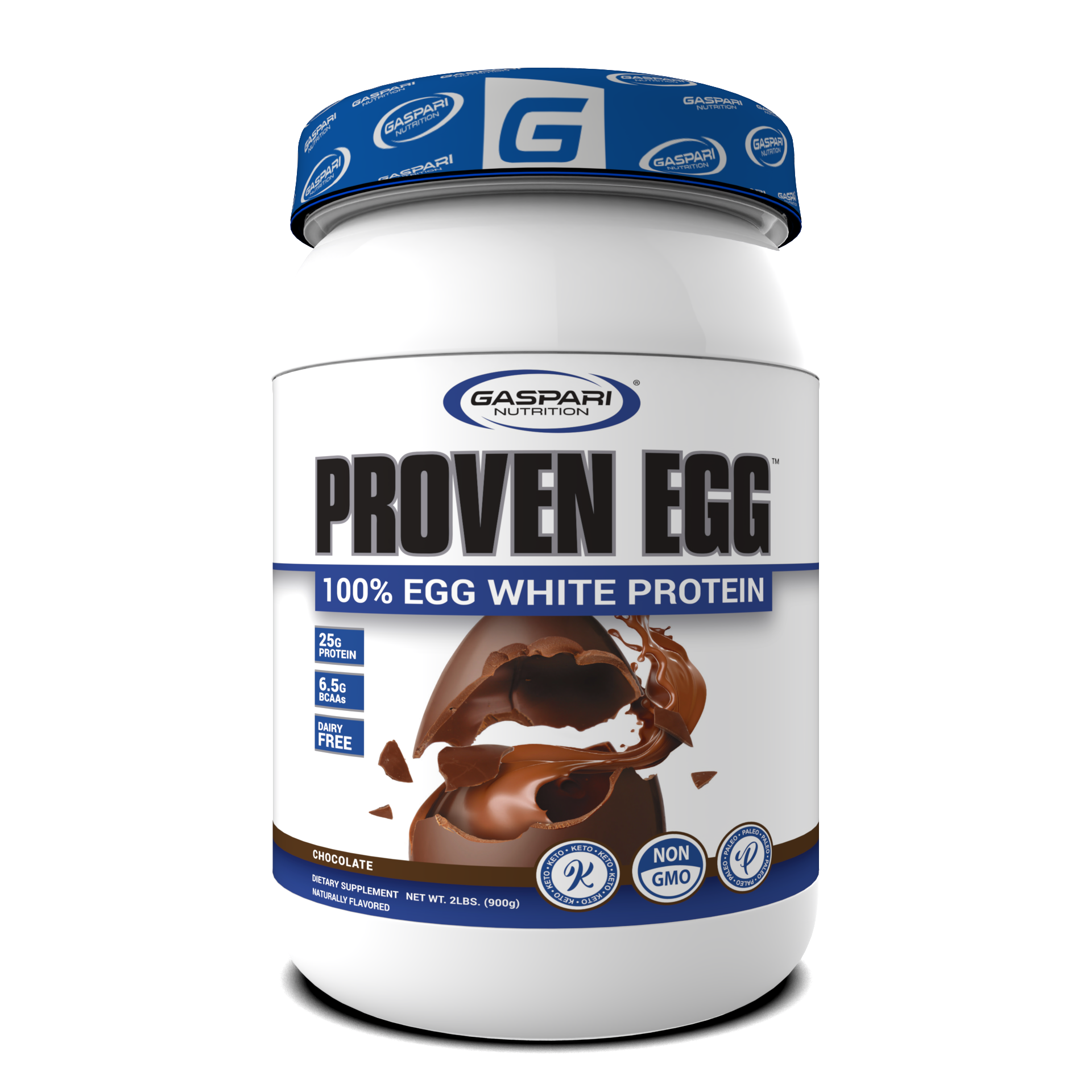



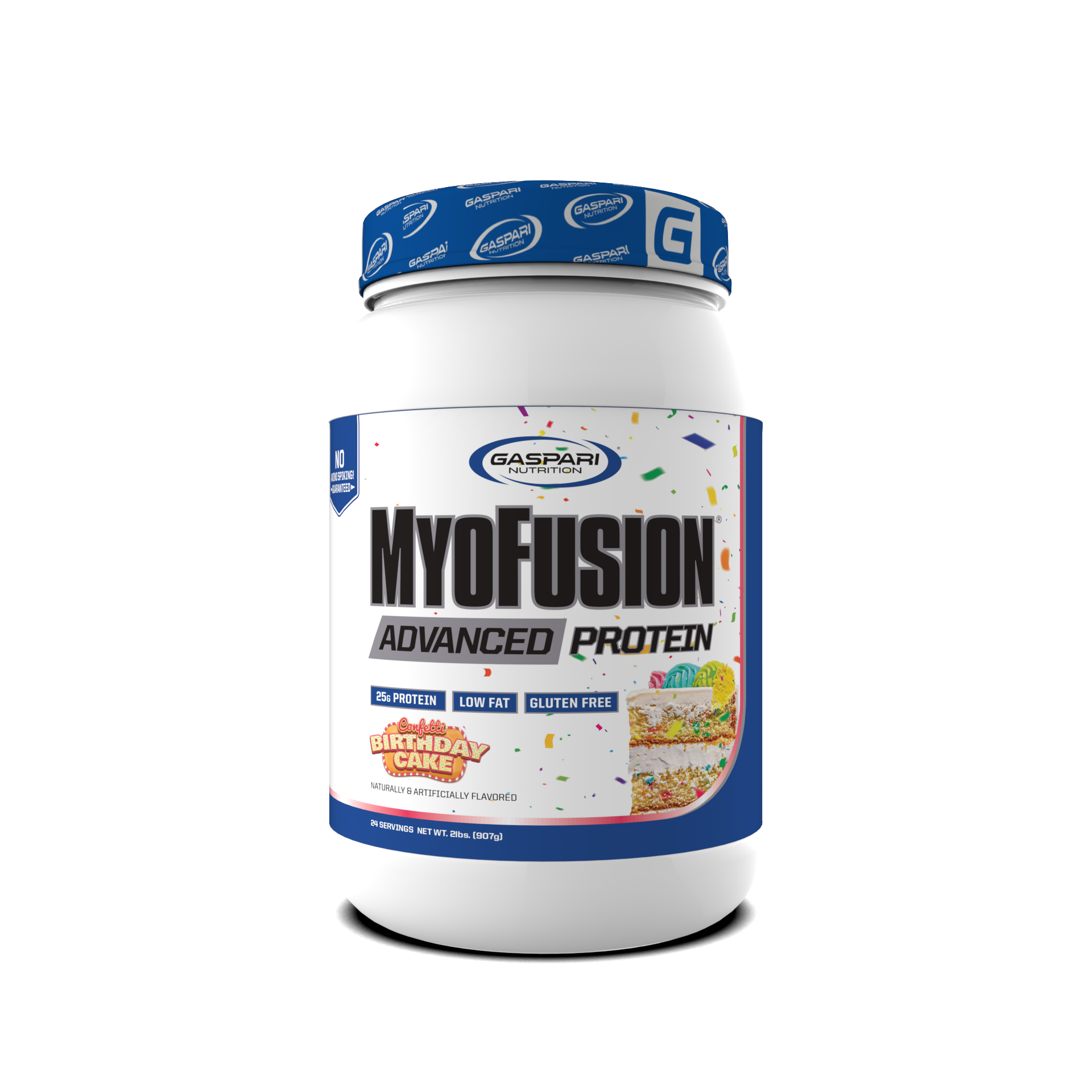



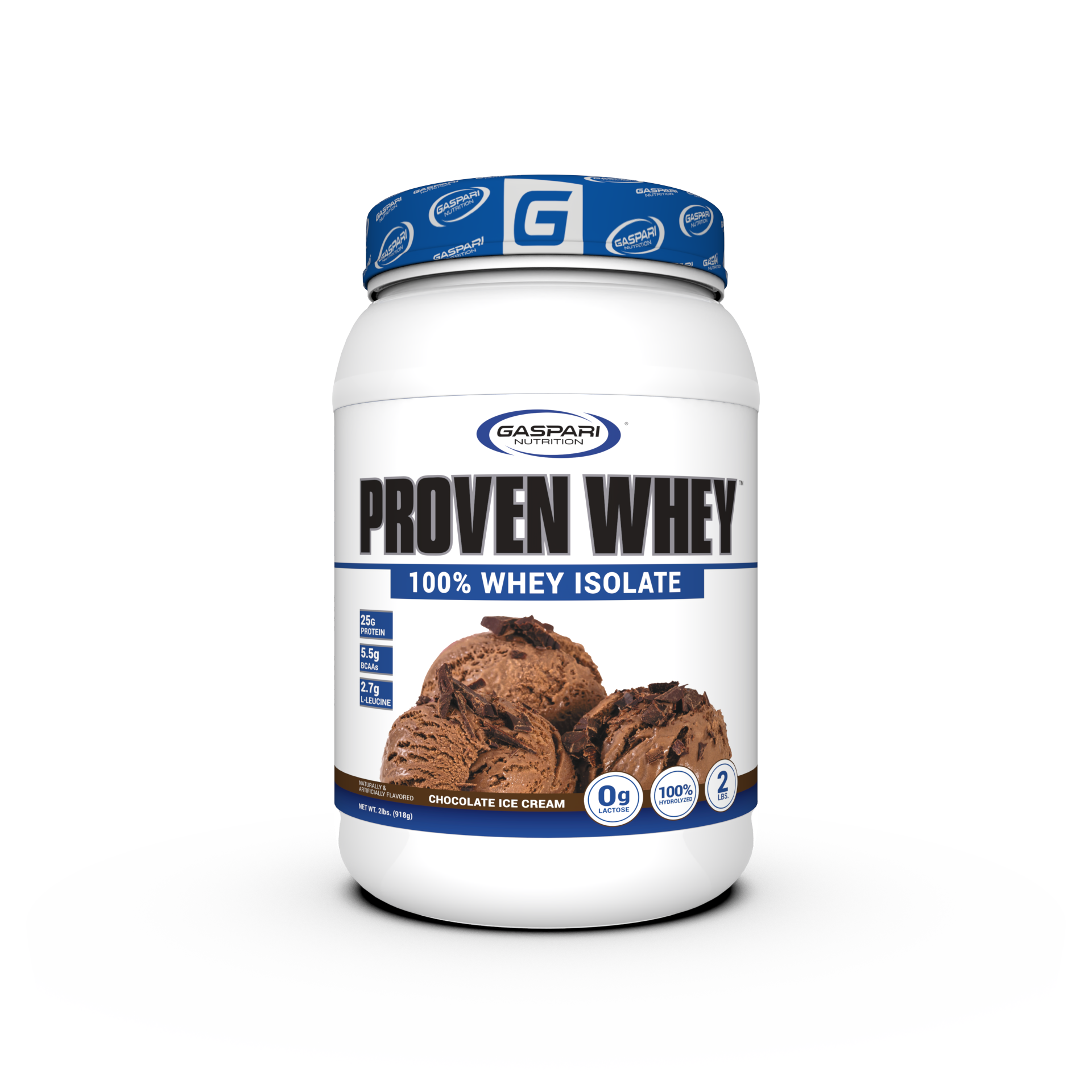




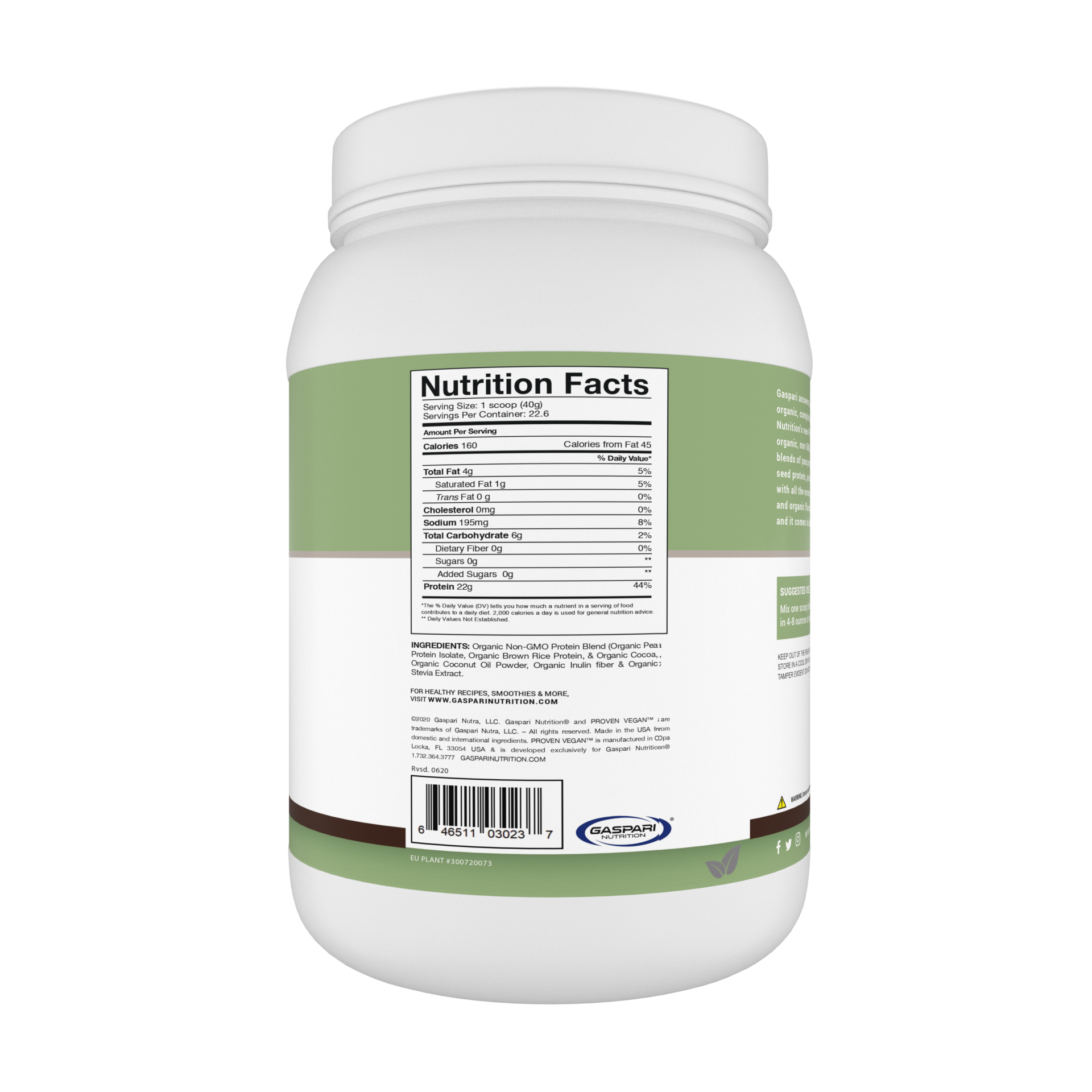






















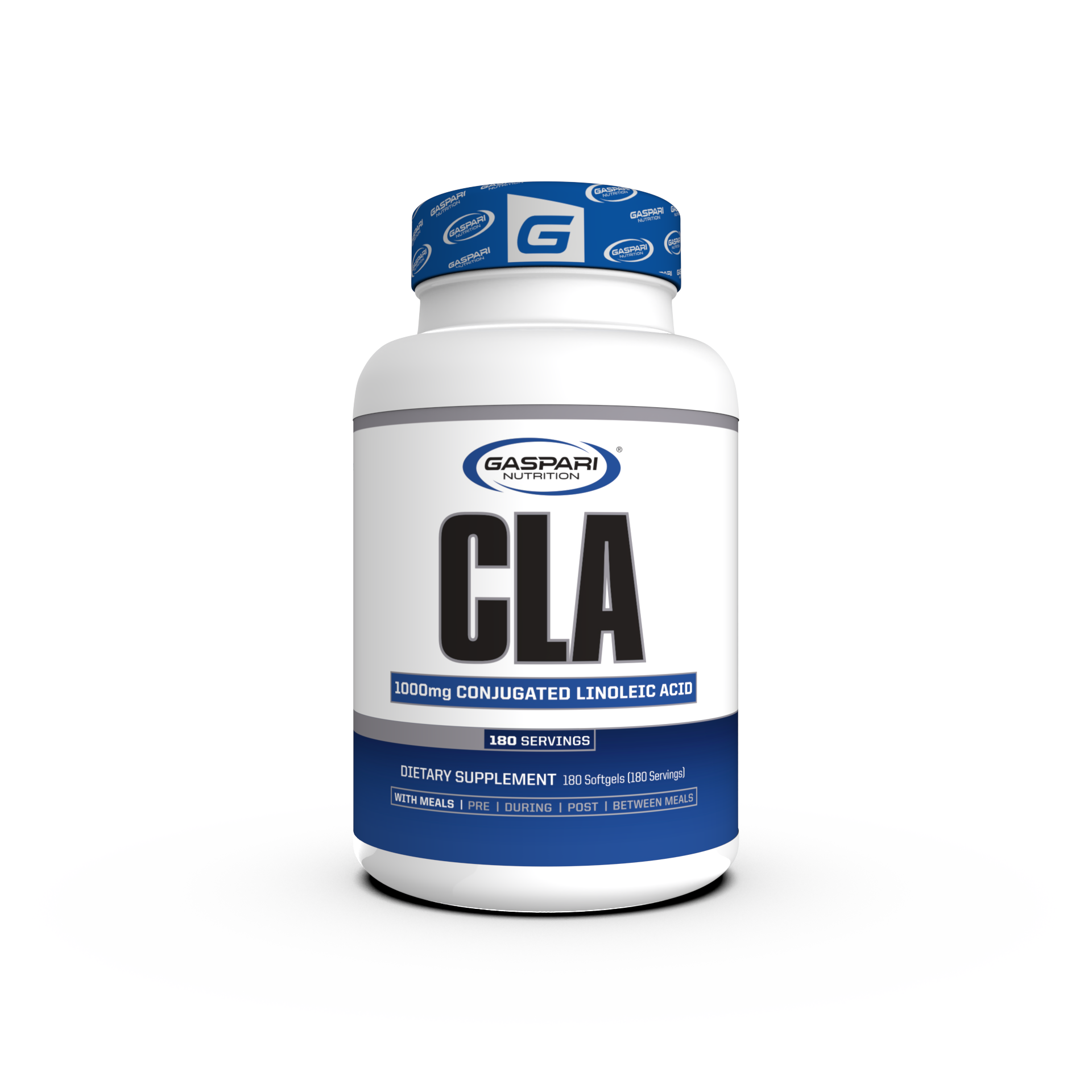



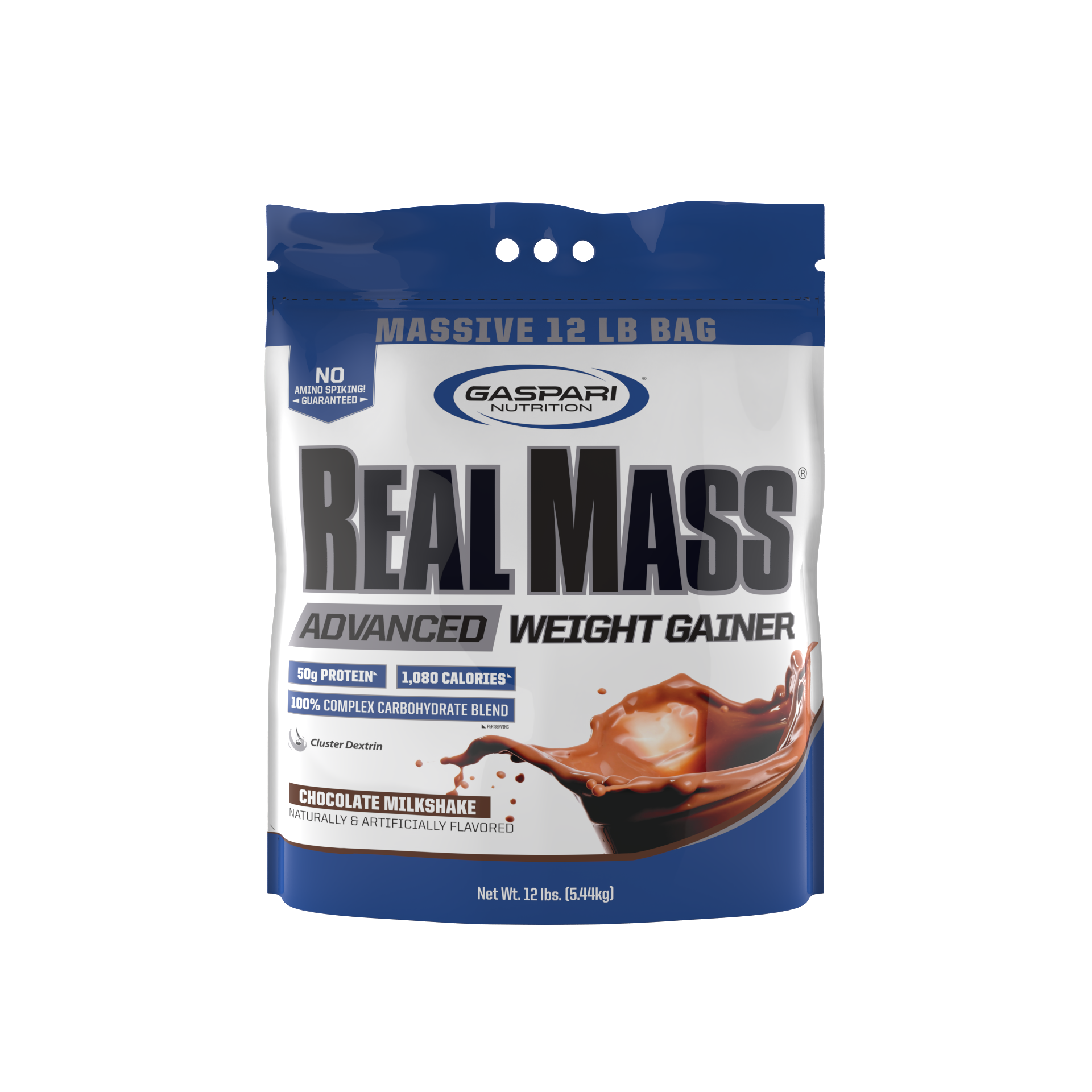











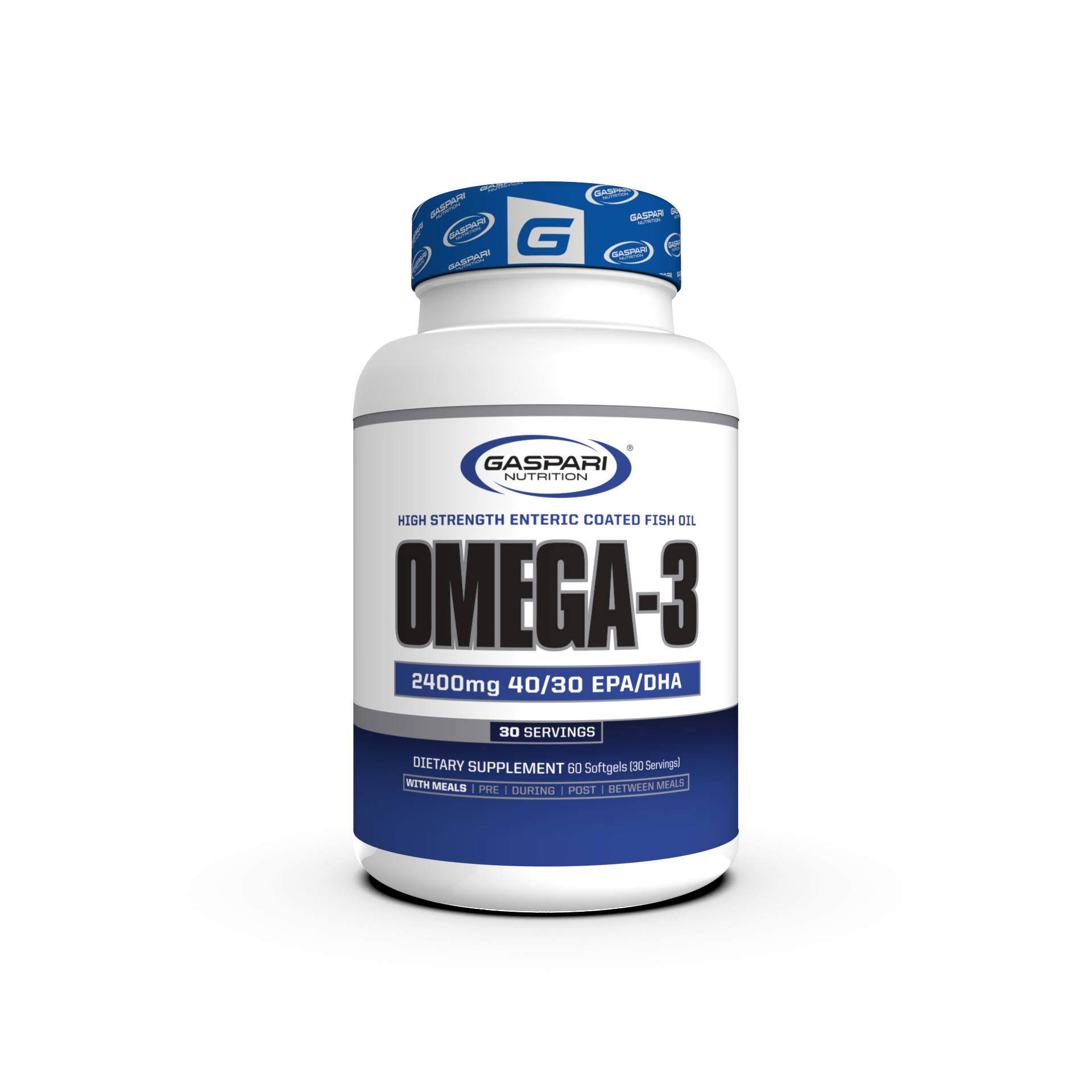



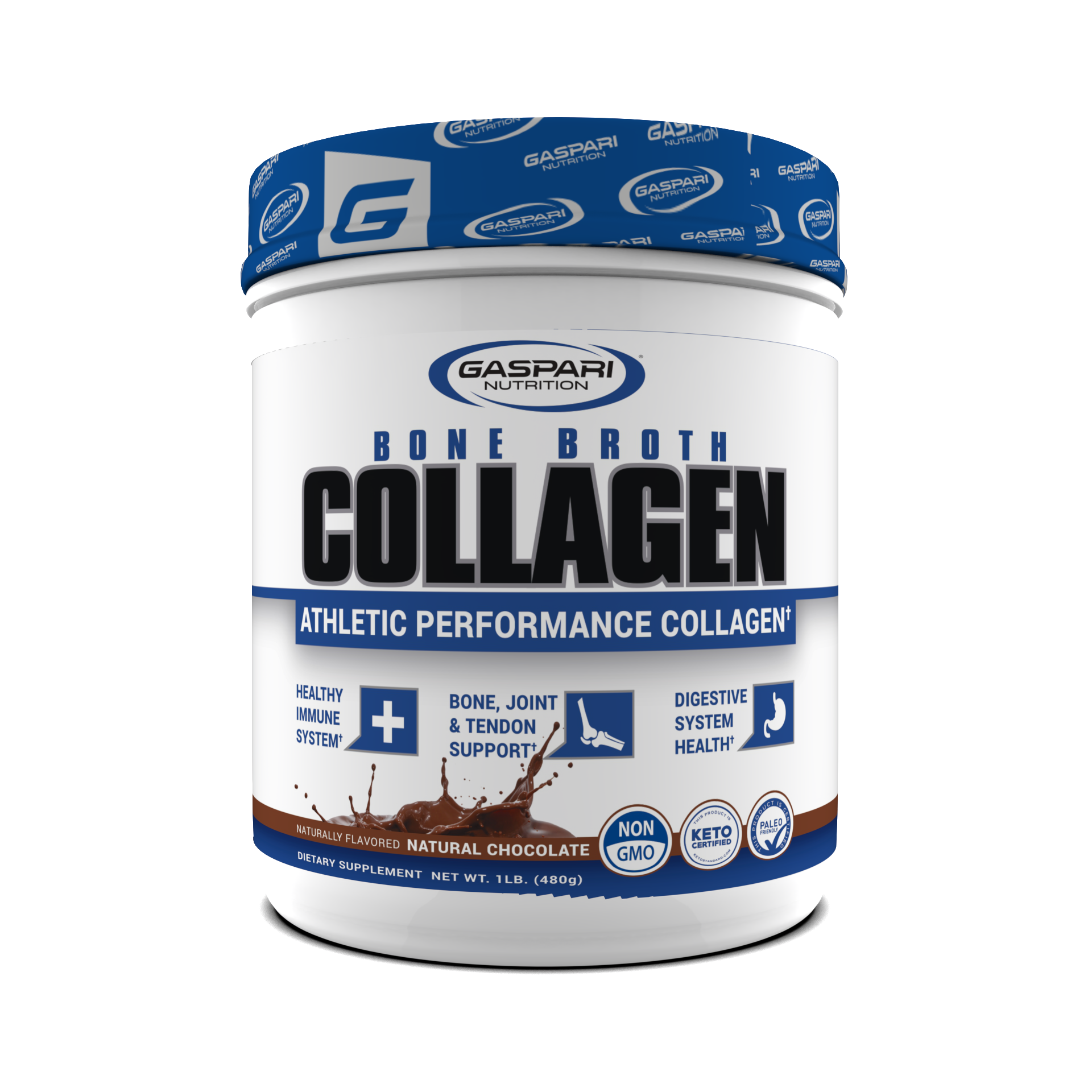



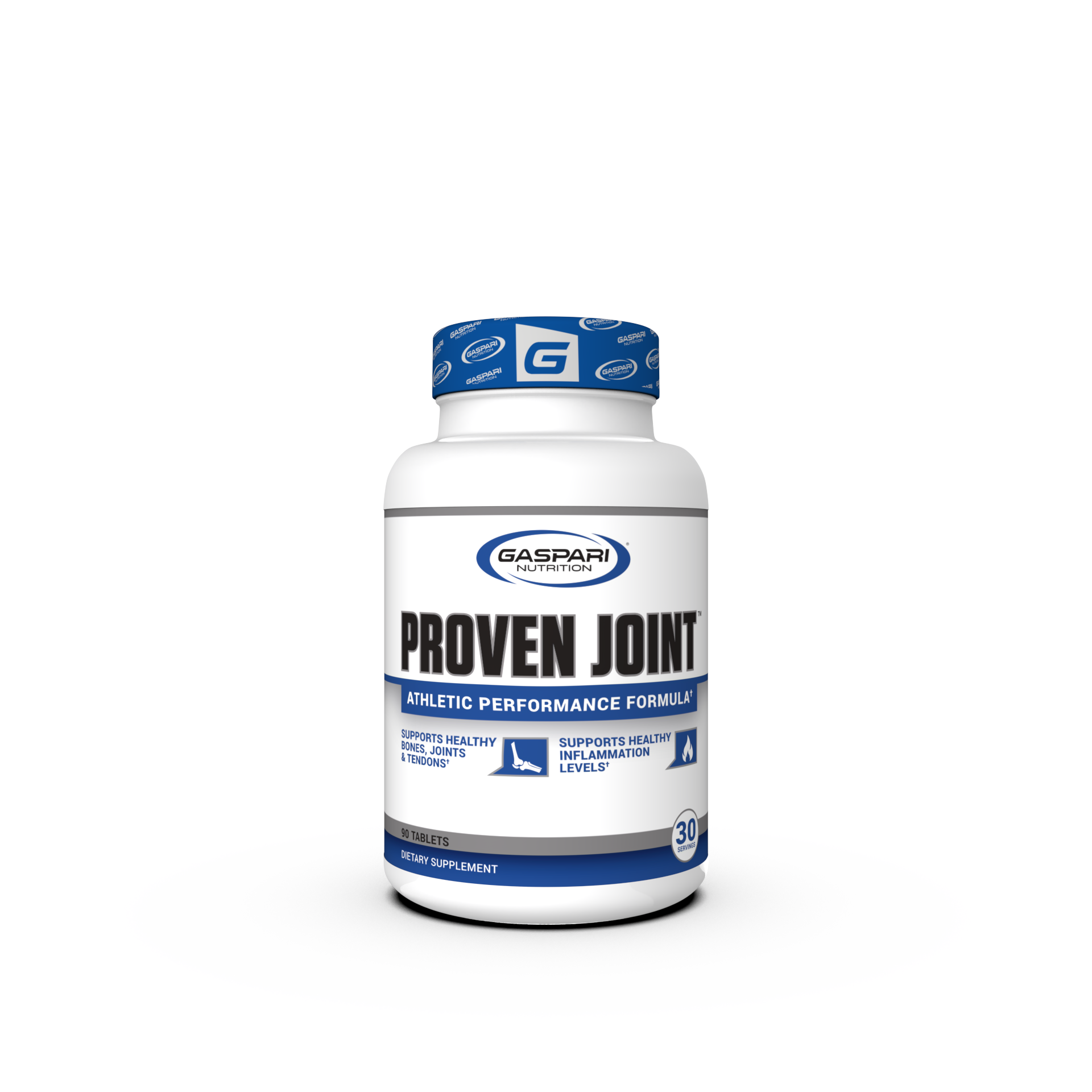








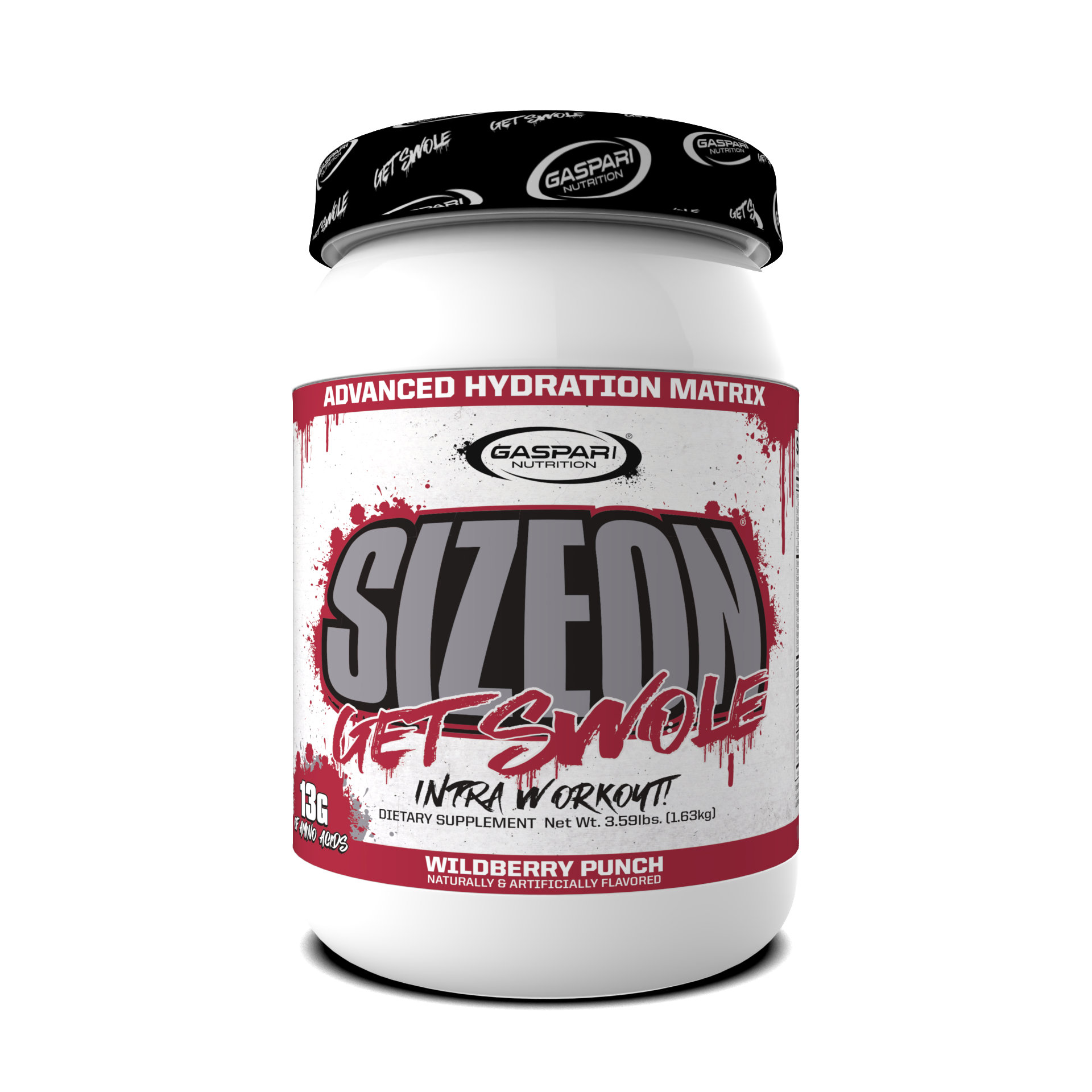


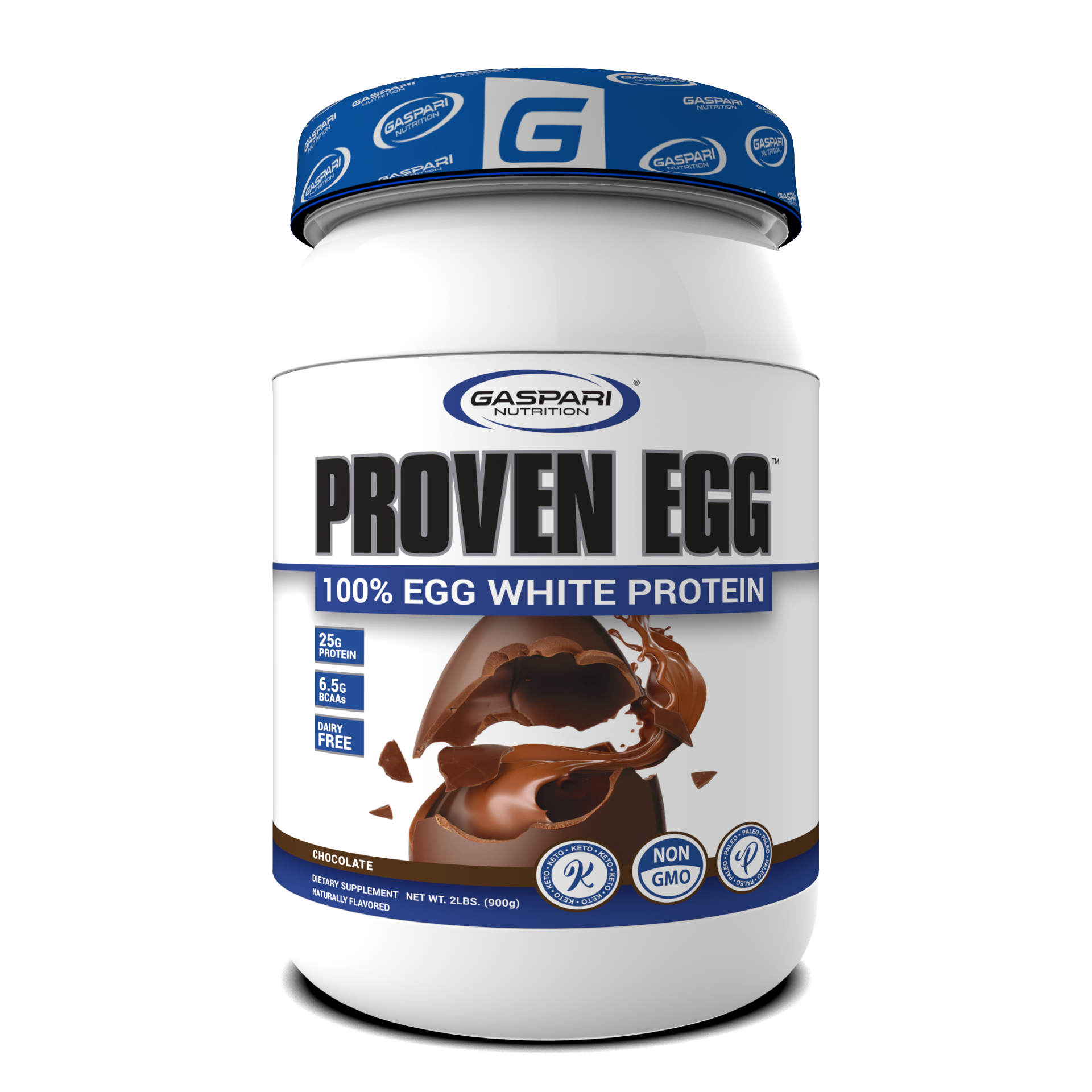

Share:
Healthy Eating 101
How To Get A Bigger Butt